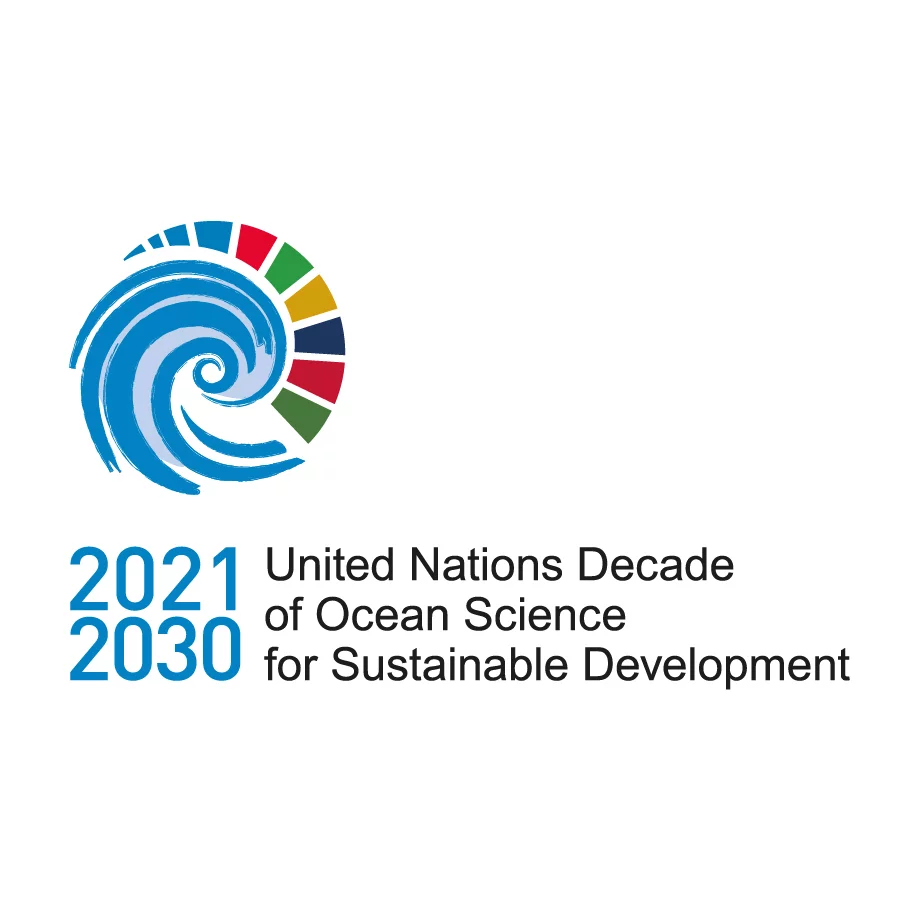Structure of the programme

The success of ATLASea depends on the implementation of a pipeline for the massive production of high-quality genomic data on marine species. It is therefore a large-scale version of processes already largely mastered by the programme’s partners. In this respect, the main challenge is to increase our capacity to achieve the desired throughput while controlling costs and quality. A second major challenge is to effectively articulate the main elements of the process that will enable us to sample living organisms in the sea to produce a digitised version of their genomes in computers. To meet these challenges, we have organised the ATLASea programme into three Targeted Projects (DIVE-Sea, SEQ-Sea, BYTE-Sea) which form the backbone of the data production pipeline.
Governance
ATLASea’s governance is structured around three committees that operate at different frequencies and levels of competence. At the highest level, the Steering Committee brings together representatives from CEA and CNRS, who will be steering the programme, and representatives from Ifremer, Muséum National d’Histoire Naturelle (MNHN), Aix-Marseille Université (AMU), Université Paris Sciences Lettres (PSL) and Sorbonne Université (SU), as well as the two directors of PEPR. The latter will provide an activity report and take the committee’s advice on any major orientations for the programme. At an intermediate level, the Executive Committee brings together representatives of the research infrastructures and the scientific representatives of the institutions to review progress and resolve any bottlenecks. Finally, at the most practical level, the Coordination Committee brings together the Targeted Projects coordinators and the programme directors to take the decisions needed to move the targeted projects forward.

These committees will support the directors in their efforts to meet the main challenge facing ATLASea: building on the solid experience acquired by the partners in the field of sequencing and analysis of biodiversity genomes, the aim will be to build on this experience by maintaining a level of ‘benchmark’ quality in order to generate a highly reliable resource for the biology and biotechnologies of the future.
Coordination Committee

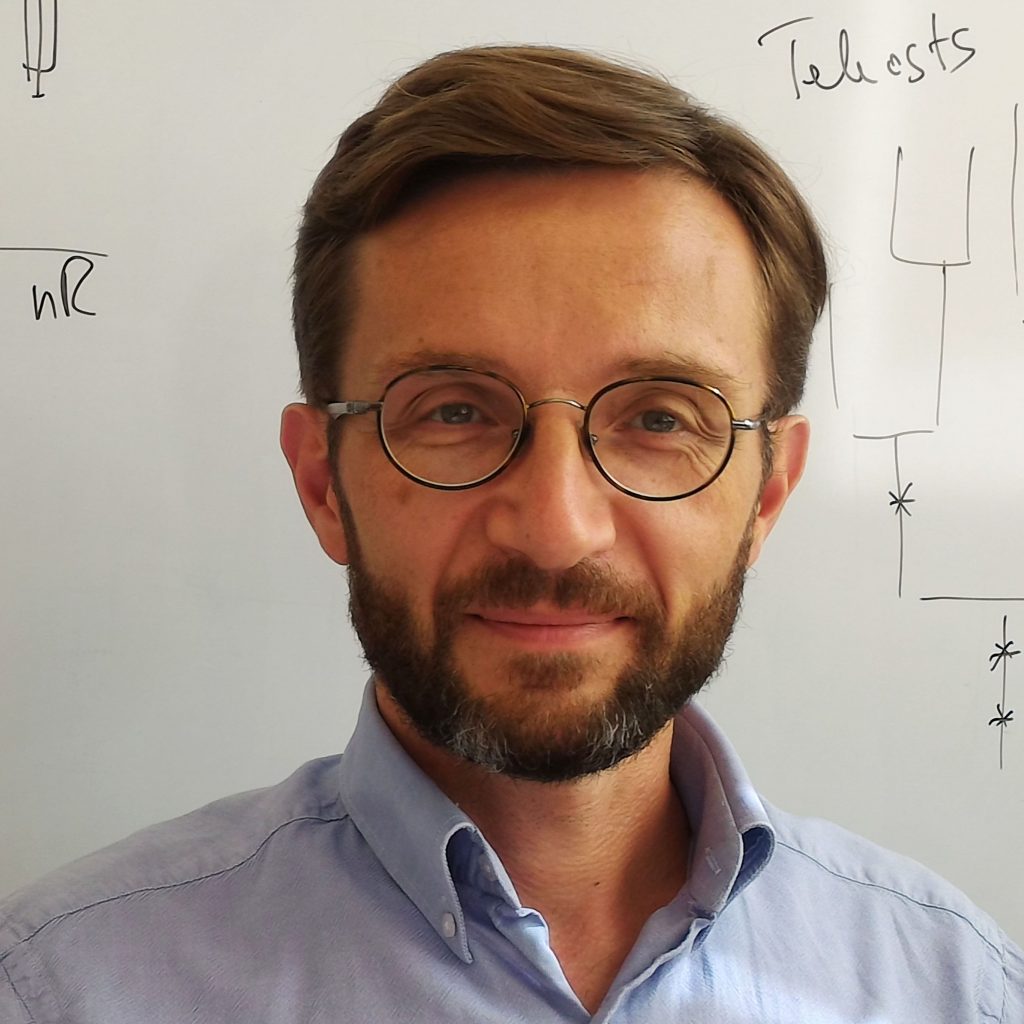

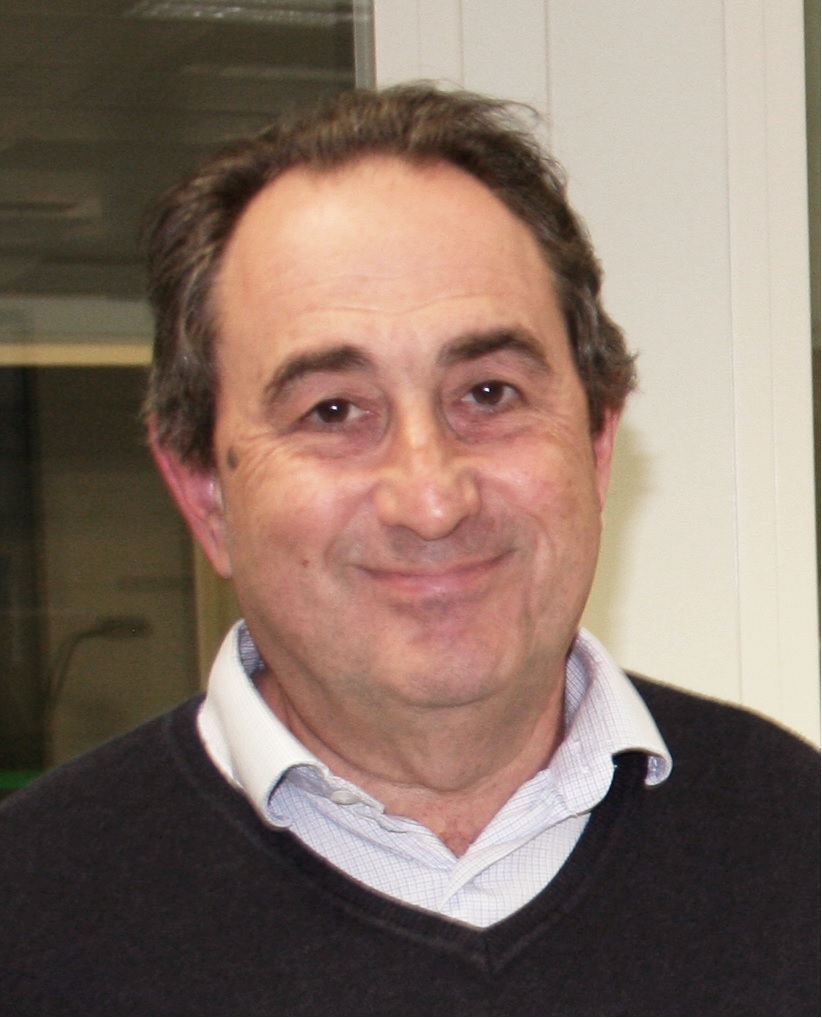
programme co-director

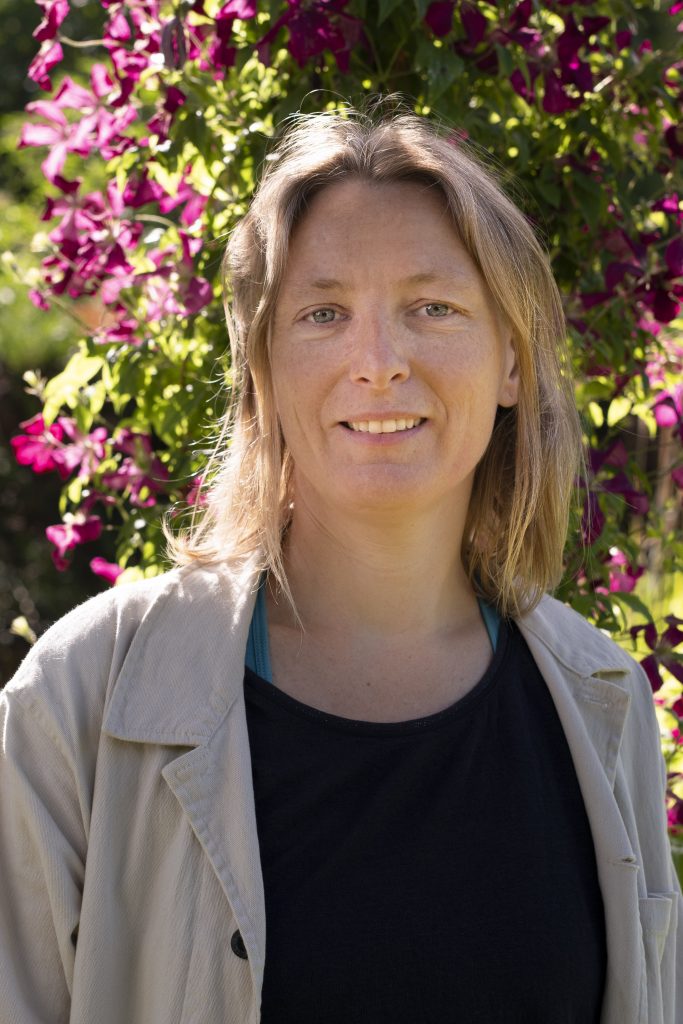
coordinator of the DIVE-Sea project
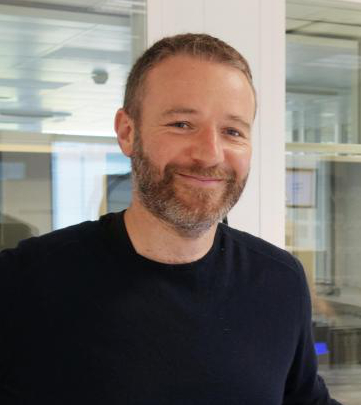
coordinator of the SEQ-Sea project
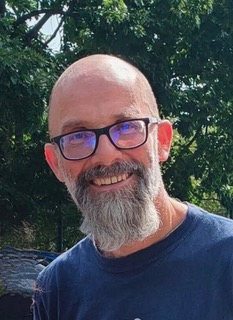
coordinator of the BYTE-Sea project

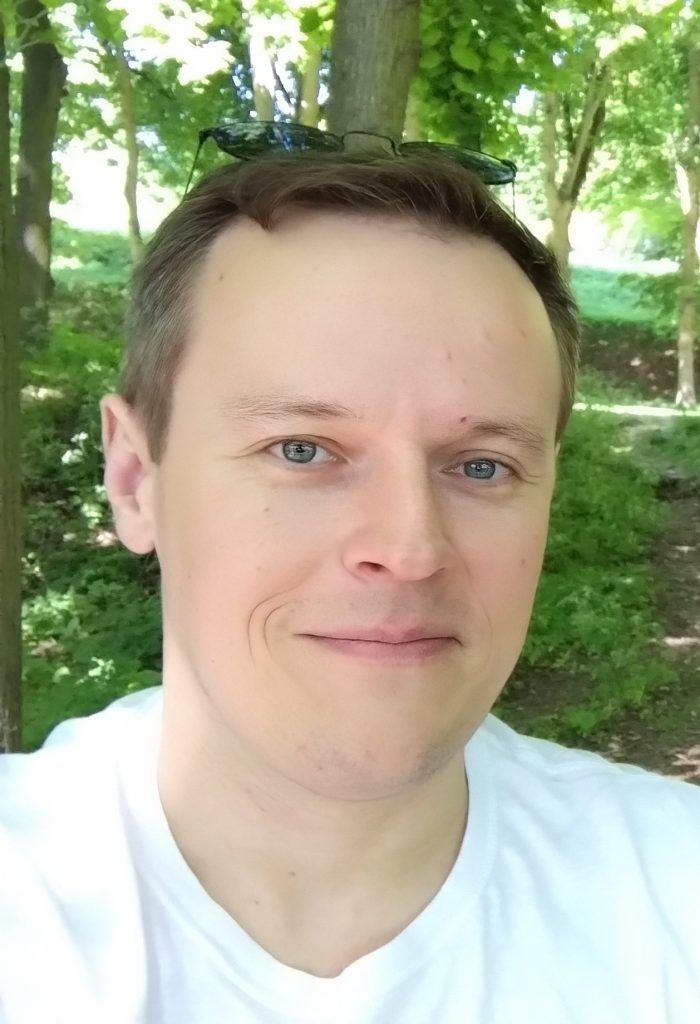
programme manager
Funding
The exploratory research programme “ATLASea: Atlas of marine genomes” receive government funding managed by the Agence Nationale de la Recherche (ANR) under the future investment plan “France 2030”.
International context
The ATLASea program is part of an international context, being affiliated to three international initiatives:
The European Reference Genome Atlas (ERGA), aimed at generating reference genomes representative of European biodiversity.
The Earth Biogenome Project (EBP), which aims to sequence and catalog the genomes of all eukaryotic species currently described on Earth over a ten-year period.
The Ocean Biomolecules Observation Network (OBON), a program supported by the UN Decade of Ocean Science for Sustainable Development, which explores ocean life by analyzing biomolecules.






